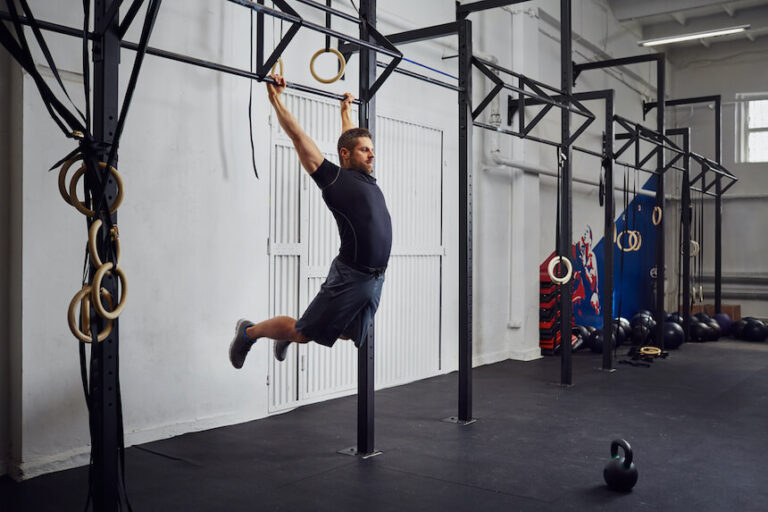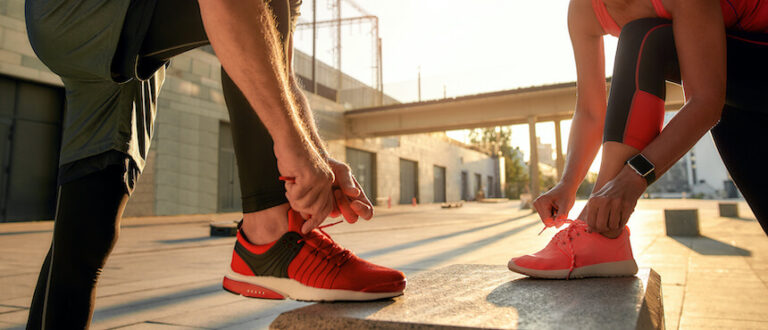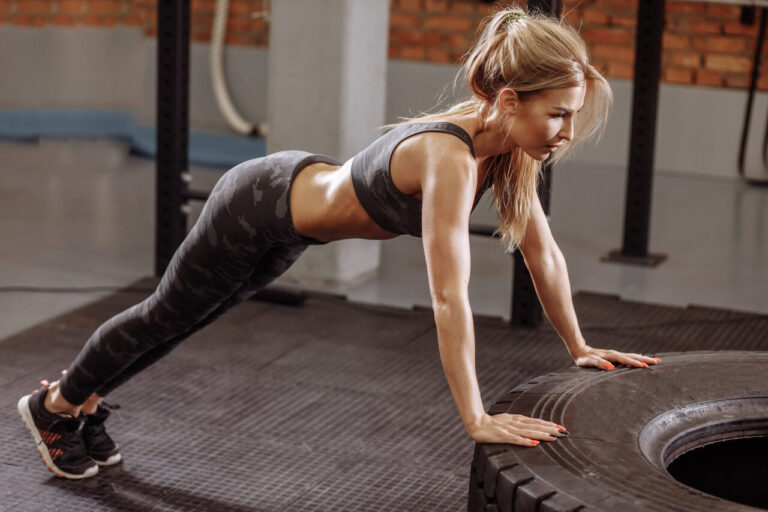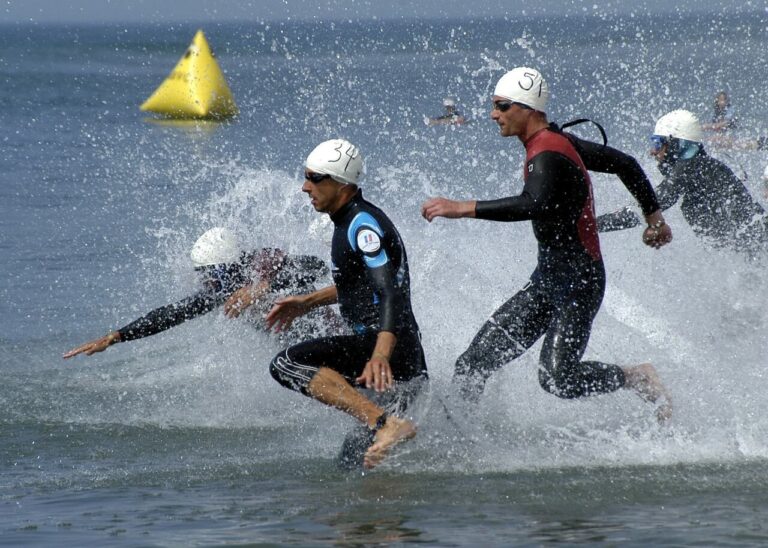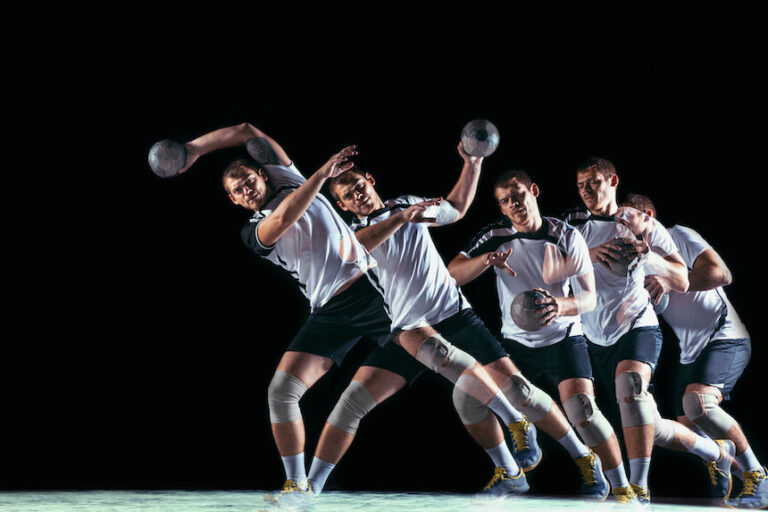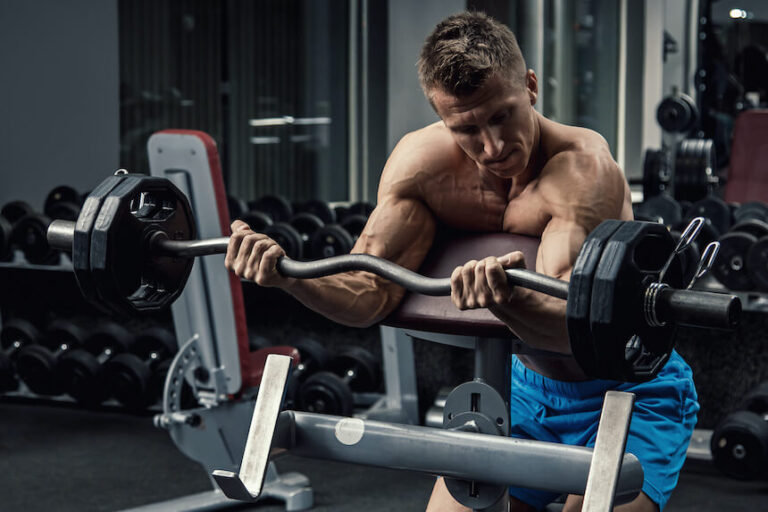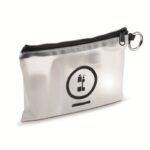The secrets of weight loss
In theory, losing weight is not very complicated.
On the one hand, you need to eat a balanced, varied diet in reasonable quantities. In this way, the daily intake of nutrients will be appropriate and the body will not need to store the surplus in the form of fat.
You also need to engage in regular physical activity. The aim is to burn calories. As with diet, the effort is over the long term. There’s no point in doing a long, intense sports session every month. It’s better to do a series of shorter, perhaps less intense, but regular sessions. One or two sessions a week is generally recommended. There are, of course, variations depending on the sports practised.
The benefits of swimming for slimming
Can you lose weight with swimming? So that’s the real question.
We sometimes have the image of people splashing around in the water or swimming simply to relax. How can you lose weight in these conditions?
Swimming has many benefits. Like any physical activity, it’s important to swim regularly if you want to see lasting effects.
It’s a ‘gentle’ sport (although competitive swimmers would no doubt have a different opinion!) in the sense that it doesn’t cause trauma to the body. Your joints won’t suffer the impact of running, for example. The resistance of the water allows you to work your muscles and joints gently.
Swimming also has the advantage of involving both the upper and lower body.
Consuming calories and burning fat
Swimming burns calories.
For a start, the water temperature is generally lower than the body temperature. There is usually a difference of around ten degrees, with indoor swimming pools often heated to around 27°C. This temperature difference alone will force the body to burn calories to warm up. Of course, this is not enough to lose weight.
Nor is there any question of giving it your all like a competitive swimmer. Swimming to lose weight means working on endurance. There’s no point in going faster than the others. A short, intense effort won’t make you lose weight. On the other hand, prolonged and regular sessions will be much more effective.
By swimming for an hour at a moderate pace, you’ll consume around 400 kCal. That’s more or less equivalent to other sports, except that you work out more gently. That’s the equivalent of a hot dog, a packet of biscuits or a waffle. This may not seem like much for an hour’s effort, but you should bear in mind that the important thing is to swim often. A swimming programme with the aim of losing weight should contain at least two sessions a week.
The effects of swimming on the figure
The important thing to remember is that when you swim, you burn calories. At the start of a session, you’re going to draw on your reserves. As you will be working on your cardio and endurance, after a certain amount of time, say 30 to 40 minutes if you maintain a good pace, you will have used up your reserves. Your body will then draw the energy it needs from fat.
Swimming therefore helps you to lose weight. But more importantly, you’ll increase your muscle mass. With every part of your body working, you’ll develop a harmonious figure. Even if you don’t lose any weight after a while, you’ll still slim down. For the same weight, you’ll have more muscle and less fat.
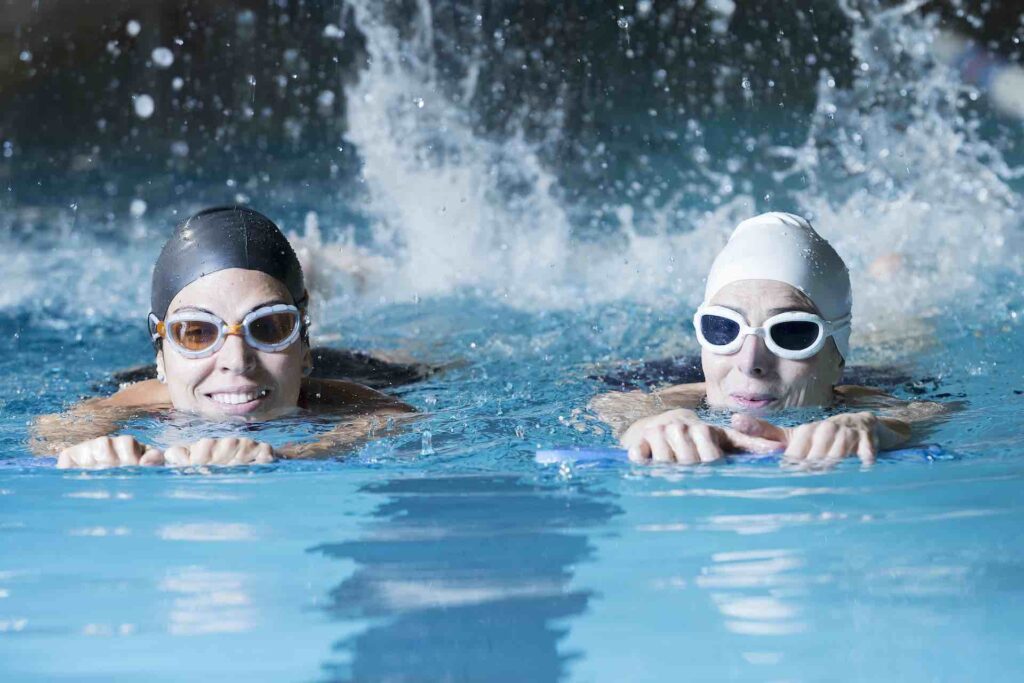
Exercise in the pool to lose weight
Depending on the parts of the body you want to work on, you may prefer certain exercises. But don’t forget that swimming requires regular work to achieve medium- and long-term results. There’s no point hoping to lose 5 kilos in a week by swimming.
The most important thing is that you feel comfortable. There’s no point in practising a stroke you haven’t mastered. Choose a technique that you’re comfortable with. This will enable you to get into the habit of swimming regularly while enjoying yourself. Then, once you’re comfortable, you can practise other exercises according to your needs and desires.
Whatever exercise you do, don’t forget to warm up. Walking or running in the water or doing a few lengths of breaststroke are good ways of warming up. To ensure that the exercises are effective and help you lose weight, plan sessions lasting between forty minutes and an hour. By swimming two or three times a week, you should see the first results in four to five weeks.
Breaststroke for the lower body
In breaststroke, the engine comes from the legs. So this is the stroke to go for if you want to work on your thighs. To avoid back and neck problems, it’s best to practise the sunken breaststroke.
The crawl for the upper body
The arms are the driving force in the crawl, while the legs are used only for balance and buoyancy. By practising the crawl, you will lose fat in your arms and develop your upper body muscles.
Lose your tummy and work on your abdominal muscles
All strokes are excellent exercises for the body, but one is undoubtedly the most effective: the butterfly. However, this is a very technical stroke that is relatively difficult to do. To work the abdominal muscles in depth and melt fat, you can swim with fins and a kickboard. The idea here is to move forward by creating undulations while keeping your legs parallel. It’s easier to do and doesn’t require you to learn the butterfly technique.
Choosing the right swimming bag
The multiple compartments and numerous watertight pockets of the Karkoa pool bags will allow you to easily transport your equipment, toiletries and change of clothes. Head off to your swimming sessions with complete peace of mind!










